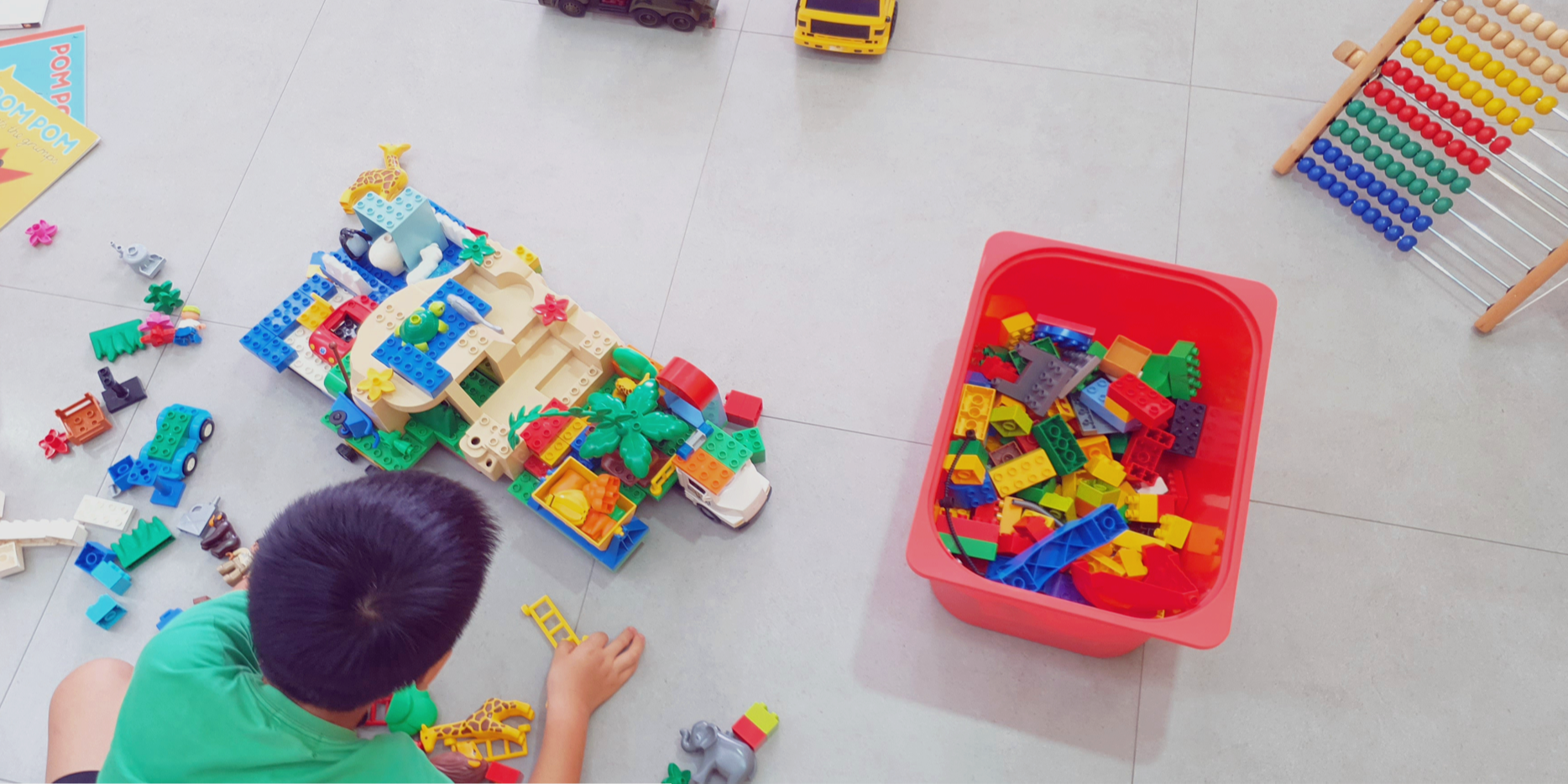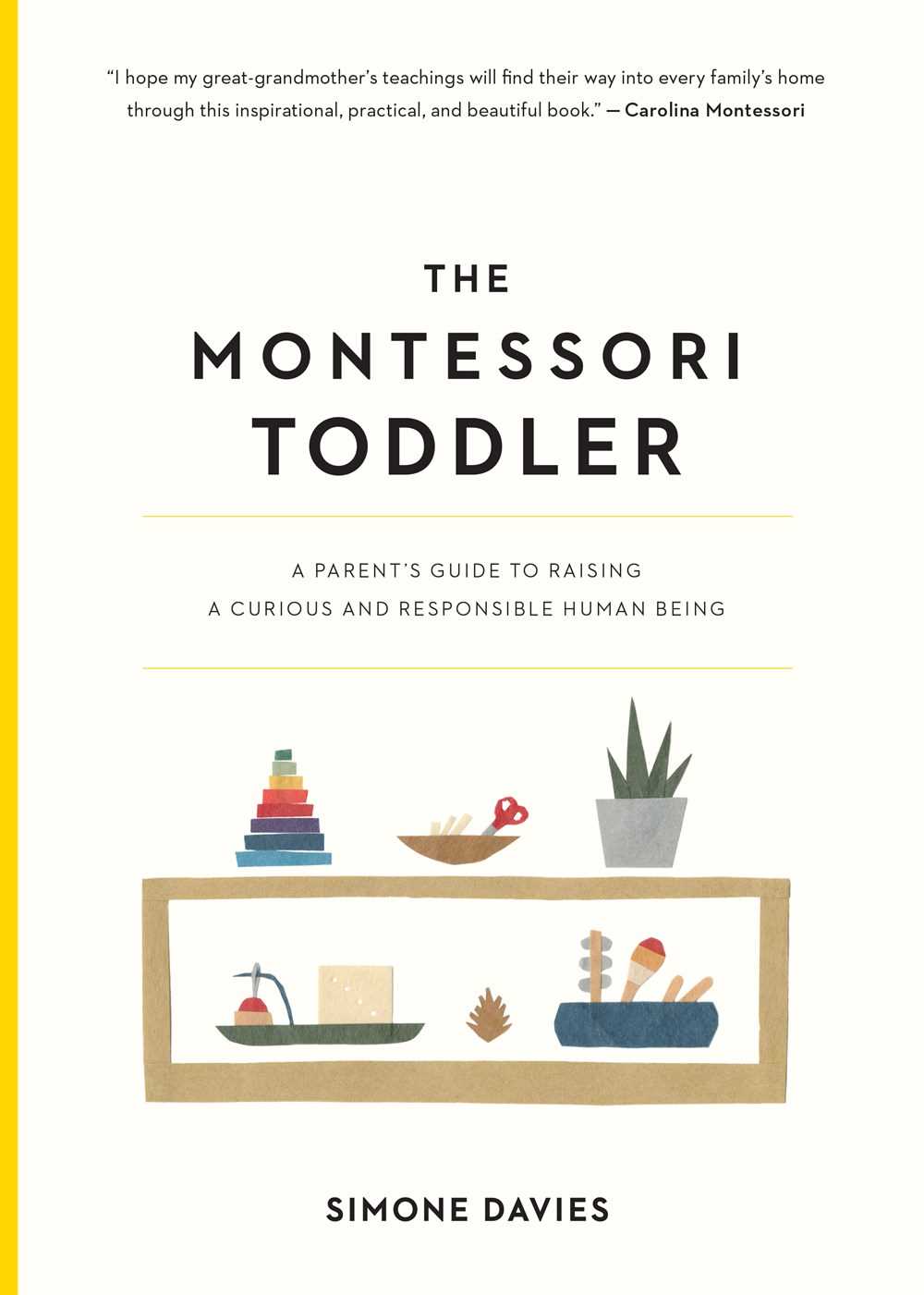Jacinth Liew's Top 5 Parenting Books

Here are some of the best parenting books that have changed my parenting perspectives. I will be sharing 5 different books about child development, positive parenting, toddlerhood, encouraging children to read, and developing resilience in children.
*These thoughts are entirely my own and not influenced in any way by Times Reads.
This
is the book that will change your perspectives about discipline. We often want
to stop our children’s inappropriate behaviors, but did you know that their
behaviors are forms of communication? Dr. Daniel Siegel and Dr. Tina Payne
Bryson shared the brain science behind children’s behaviors in a succinct and
effective manner. I particularly like to read about the research backed
principles of connection, and practical tips on how to validate your children’s
emotions (e.g. stop talking and listen, reflect what you hear).
One
key takeaway is to always pay attention to our children’s emotions whenever
they exhibit tricky behaviors. I have learnt to connect with my children calmly
and not to be too eager to teach.
You
can pick up actionable tips to create a no-drama household by asking yourself 3
questions and using redirection strategies to nurture your children’s
developing minds. From the book, I learnt several tools to teach my kids
insight, empathy and repair—what is known as “mindsight” to help them
integrate their brains and improve relationships with others.
This is the #1 parenting book that I recommend to all parents.
... lessI subscribe to a few education philosophies and one of them includes the Montessori approach. Though I have no intention to turn my home into a Montessori home, I do feel inspired by some Montessori strategies:
- Encouraging children to be curious by creating a safe and inviting home environment
- Accepting toddler’s feelings, but not necessarily their behaviors
- Trusting toddlers by giving them freedom within limits
- Assigning them roles and responsibilities
- Being present for my children
This is a beautifully illustrated book and an easy read with clear and short chapters. There is plenty of tangible advice on creating a Montessori home (with lovely pictures of real homes), strategies to cultivate cooperation in your children, and specific advice on how to develop independent children (e.g. in their daily care, conversations and regulating emotions).
I recommend this book to parents with toddlers, and those who want to create a Montessori culture at home.
... lessJim Trelease's Read-Aloud Handbook
This is the book that affirmed what I’ve been doing: to raise creative, independent, kind and emotionally intelligent children—read to them (even when they are teens)!
Jim Trealease included tons of research findings to support the importance of reading aloud to your children and how it is an indicator for success in schools. Reading increases vocabulary, encourages children to imagine, empathise with others, improves concentration span and strengthens the parent-child relationship.
I gained several insights about the stages of reading aloud, the importance of involving dads, the impact of a print-rich environment and the Dos and Don’ts of reading aloud. Because of this book, I insisted on having book shelves in my kids’ bedroom; the first thing they do when they wake up, read. The last thing they do before they sleep, read!
If you are unsure about the books to read to your kids, dig into the treasury of recommended books at the last section of this book. These recommendations are sorted according to the various book categories (e.g. wordless books, picture books, early chapter books, non fiction) and include the suggested age groups and short synopsis of the stories.
... lessI
am including this in the list because I know that many parents struggle with
developing resilience in their children. If you have read other books by Dr.
Daniel J. Siegel and Dr. Tina Payne Bryson, you will find the explanations
pretty similar. But what is different here is the emphasis on the 3 colour
zones of our nervous system. Children in the green zone are in the YES-brain
state: calm and able to communicate their thoughts and feelings. Children in
the red zone are incapable of being level headed, they throw tantrums, become
violent or say hurtful words. Finally, children in the blue zone are
withdrawing, turns inwards and not expressing themselves.
I
am still learning to teach my children the four fundamentals of the YES-brain:
balance, resilience, insight and empathy. The actionable takeaways from this
book include helping my children feel safe, seen, soothed and secure, teaching
them to adjust their perspectives about emotions and circumstances, reframing
their pain and getting them to pause, as well as giving them words to use while
conveying kindness and empathy to others.
I recommend this read if you enjoy science-backed explanations like me, and want to empower your children with a growth mindset to navigate life challenges.
... lessAbout Jacinth Liew

Jacinth is a parenting coach, ex-secondary school teacher and a mom to two kids (aged 6yo and 4yo). Marrying her decade-long teaching knowledge and parenting experiences, Jacinth empowers parents to connect meaningfully with their children through positive parenting strategies. She shares bite-sized, research-backed parenting tips with parents via emails, her website, social media, in-person workshops and online course From Yelling to Connecting.
As a proponent of play-based learning, she champions the value of play on her social media platforms by inspiring parents to engage their children through simple and meaningful play activities.
Website: ourlittleplaynest.com



